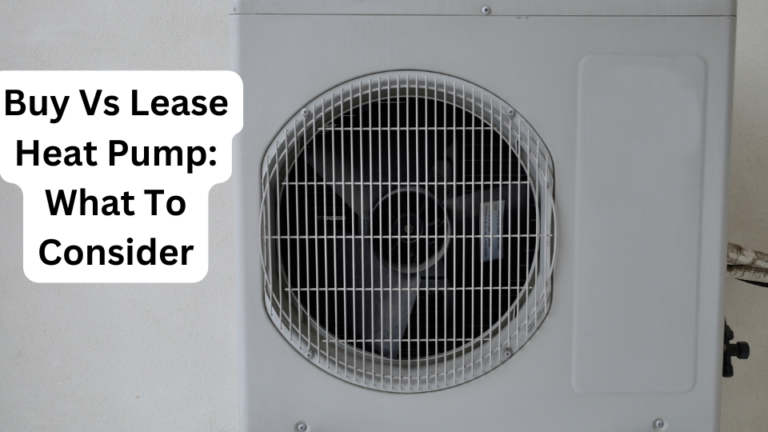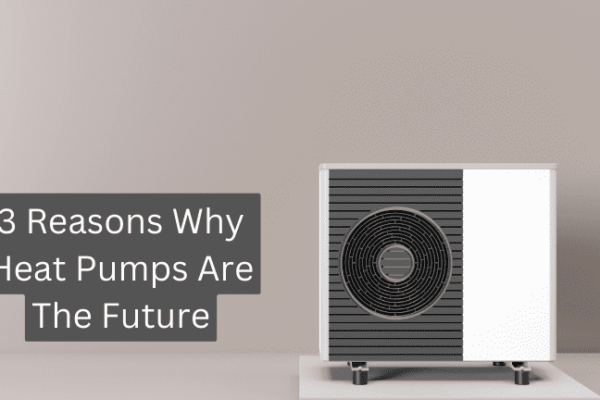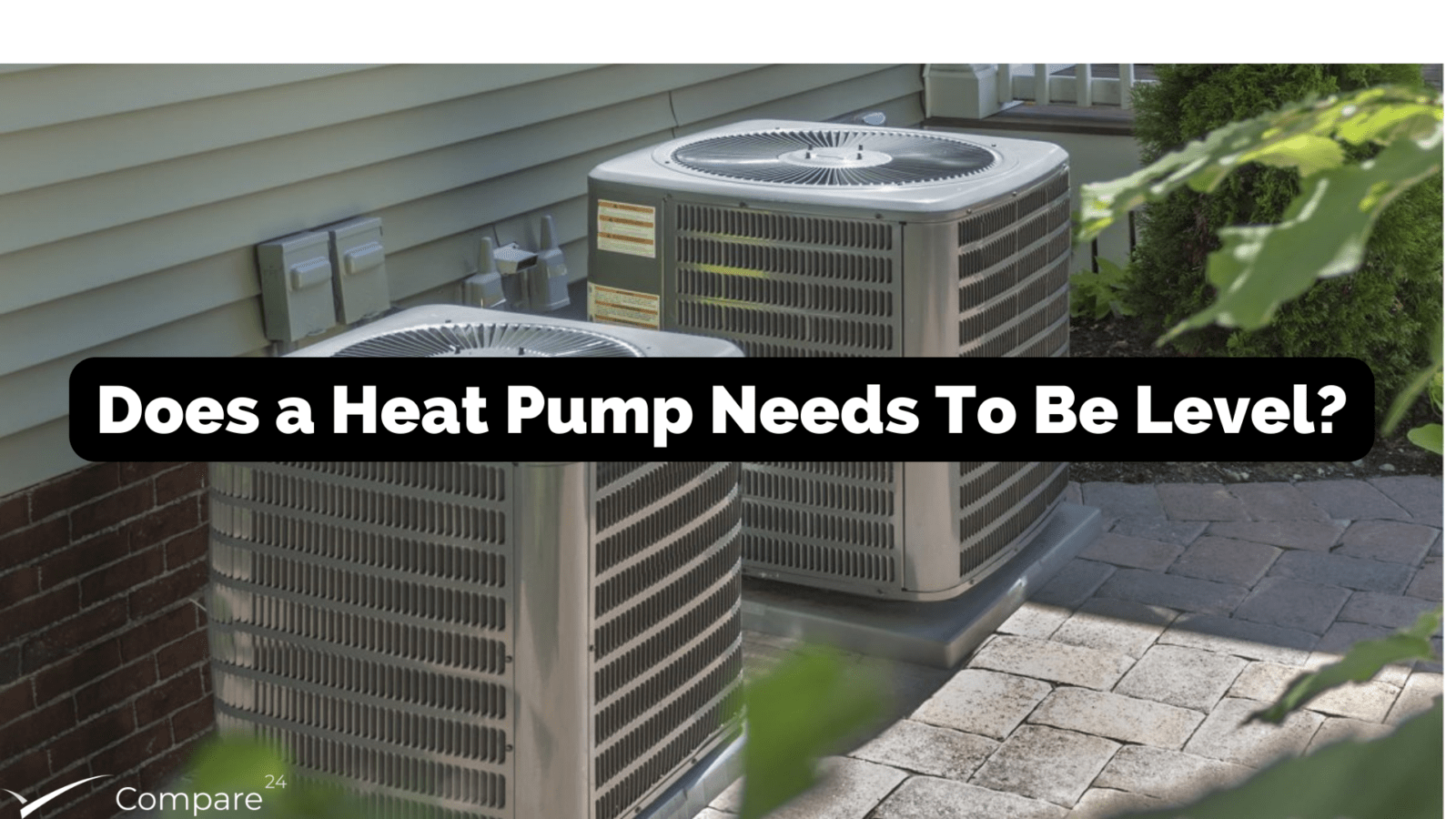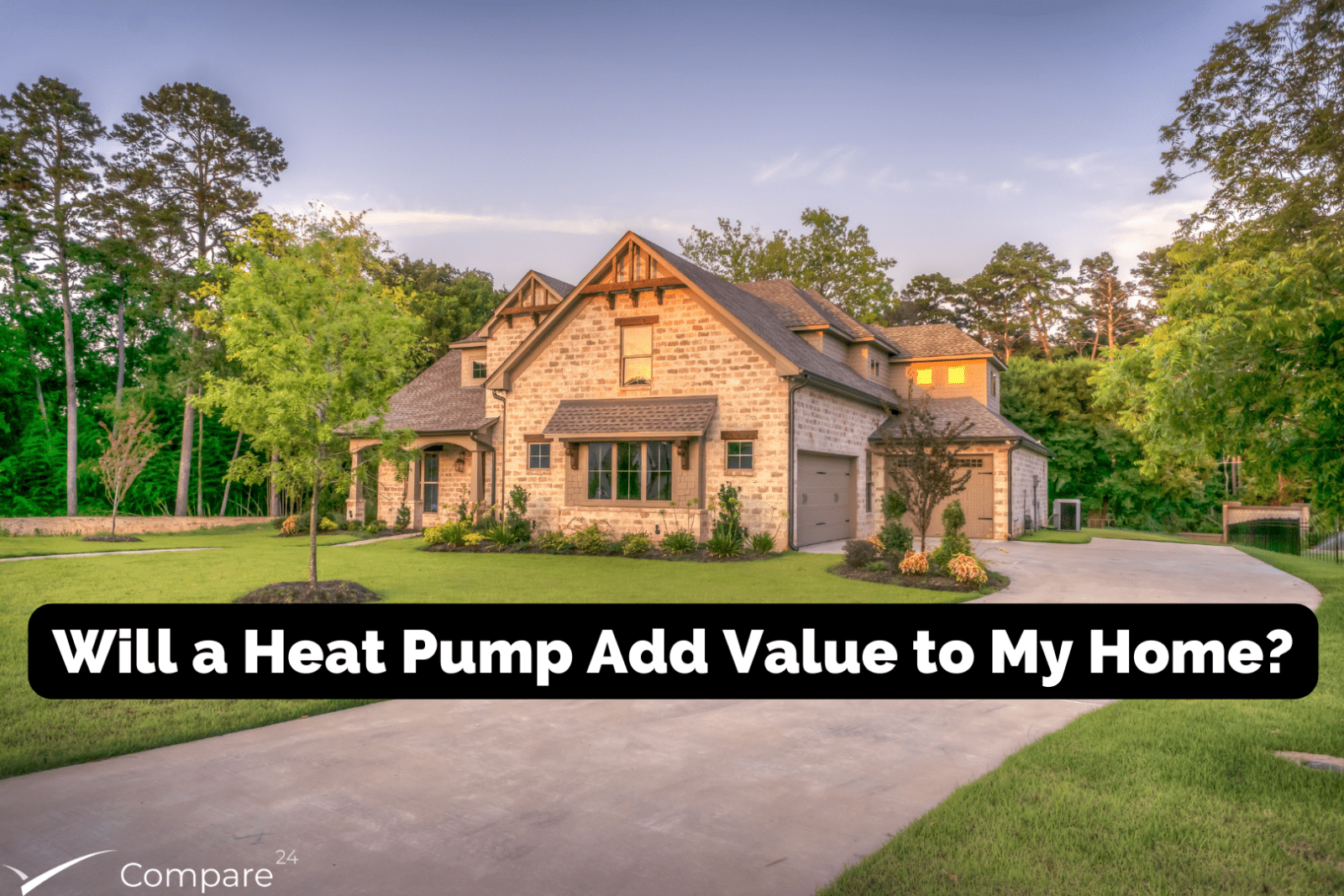When compared side by side, heat pumps are better than traditional methods of heating and cooling. For one thing, they are far more energy efficient than fireplaces, furnaces or air conditioners.
According to official figures from the US Department of Energy, a heat pump can save you up to 50% more on your electric bill than either a furnace or baseboard heater. With such a strong incentive, getting a heat pump seems like an easy decision. So why are more people not rushing to install heat pumps?
For most homeowners, the biggest obstacle to buying a heat pump is the cost. Heat pumps are very expensive to buy and install outright. It’s a steep hurdle to overcome. Fortunately, there is an alternative that allows you to have a heat pump without paying the full cost upfront.
You can lease rather than buy. In some ways, leasing offers all of the advantages of buying without any of the disadvantages. But is leasing really better than buying? What advantages if any does buying have?
Let’s compare the pros and cons of each option to see which comes out on top.
Why Should You Buy A Heat Pump?
Heat pumps provide the best of both worlds in that they provide both heating and cooling. A heat pump bundles both a furnace and an air conditioner together in one piece of equipment. While the cost of either a furnace or air conditioner is typically less than a heat pump, a heat pump is cheaper than the combined cost of both.
This is consistent with a report released by the Rocky Mountain Institute (RMI), a sustainability research and consulting organization. According to their report, mixed fuel homes with a gas furnace, water heating and an air conditioner have a higher upfront cost than homes that use a heat pump for heating and cooling.
Generally, a heat pump gives you more efficient heating and cooling. It also has potentially easier installation than traditional air conditioners for homes without air ducts. As it replaces both your air conditioner and furnace, it drastically reduces your carbon footprint.
Given the overall advantages of a heat pump, should you buy or lease?
Pros Of Buying A Heat Pump
Complete ownership
When you buy a heat pump it becomes yours to use and dispose of as you wish. One of the biggest incentives for buying versus leasing is that buying makes you eligible to receive tax rebates on your purchase.
The Inflation Reduction Act lays provisions for homeowners who switch to energy efficient heating, cooling and water heating. In terms of the federal tax credit, homeowners can offset up to 30% of the total cost of purchasing and installation.
The federal tax credit applies only to systems installed on and after 1 January 2023. The system also has to meet certain minimum efficiency requirements as laid out by the Department of Energy.
Aside from the federal tax credits there are other state-administered rebates of up to $8,000 for a space heating and cooling heat pump and $1,750 for water heater heat pump. All of these incentives are applicable only if you own the system. Lease holders, however, are not eligible for rebates.
Financing
There is also financing available for heat pumps. In combination with rebates, financing can drastically reduce the upfront cost of buying a heat pump.
It’s a valuable investment
Heat pumps will raise the property value of your home. Energy efficient homes fitted with solar or heat pumps have a higher resale value and sell faster than homes without either. A study by Nature Energy found that homes with heat pumps sell for between $10,400 to $17,000 more.
Higher lifetime savings
The cost of buying a heat pump is recouped over its lifespan. This can be up to $670 a year or $10,000 over 15 years. Leasing erodes those savings as leasing can have a higher price in the long run.
Cons of Buying A Heat Pump
High initial cost
Price is the number one reason why more people have not bought into the idea of heat pumps. The initial outlay for a heat pump is between $1,000 to $6,000 depending on the type. Installation costs between $1,000 to $30,000 also depending on what type of heat pump it is.
Maintenance and servicing
The initial price is not the only high price you pay when you opt to buy versus lease. As they perform the dual function of heating in the winter and cooling in the summer, heat pumps do double the work of either an air conditioner or furnace.
This can make them more prone to wear and tear. Maintenance costs of a heat pump are on you as the owner.
Why Should You Lease A Heat Pump?
There are two types of leasing plans for heat pumps. A standard lease is more conventional while a rent-to-own is a newer type of lease.
A standard lease is a long-term contract with monthly payments. This is just like any other ordinary lease. A rent-to-own lease on the other hand, is where you are buying the system through a series of payments.
What advantages and disadvantages does leasing give you?
Pros of Leasing A Heat Pump
Cost savings
The biggest advantage to leasing over buying is you save on costs. Leasing is a zero upfront investment with no deposit. It still comes with all the benefits of owning a heat pump. This is especially so if you opt for a rent-to-own lease.
No maintenance fees
Leasing comes with less responsibility. You are not liable for maintenance or servicing of the equipment. Any servicing is the responsibility of the leasing company.
Cons of Leasing A Heat Pump
Breaking your lease
Leasing a heat pump can present a problem if you need to move to a new home. If your lease is not transferable, that means you have to break your lease which will likely incur penalties depending on your agreement.
Potential higher cost
In the long term it can cost more to lease than buy, especially if you decide to move and have to break your lease or if you need to upgrade your system. Some lease agreements may look cheaper at first sight but turn out more expensive over time.
Whether you decide to lease or buy, a heat pump will still provide you with good value for money. Take our short quiz to see just how much value you will get either as a homeowner or tenant.




![Does a Pool Heat Pump Need To Be in the Sun? [Explained]](https://blog.compare24.net/wp-content/uploads/2022/10/Can-Heat-Pumps-Geneate-Electricity-4.png)